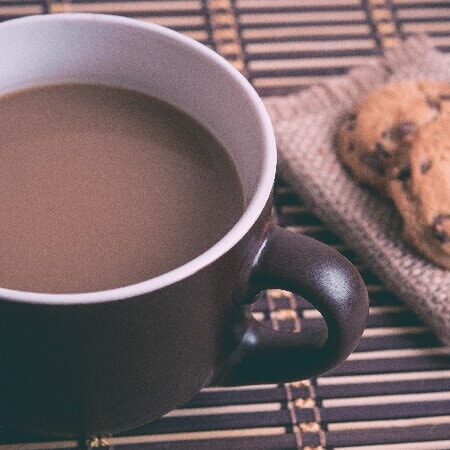


FOODS TO AVOID WITH IBS FULL
sauerkrautĪlthough a lot of fruit is full of fibre, certain types have been known to trigger IBS symptoms.Īlcohol can cause stomach irritation which can lead to diarrhoea. Onions (including onion powder) – should be avoided entirely possible.Garlic (including garlic salt, garlic powder) – should be avoided entirely if possible.6 High-FODMAP vegetables/legumesĮxcess gas-causing vegetables and legumes such as onions, broccoli, beans and lentils should be avoided.Īlso, it’s worth being aware that spicy food packed with chilli pepper might also trigger symptoms. Here is a comprehensive list of high FODMAP foods which you should avoid/reduce if you want to follow this diet (especially in the first reduction stage). The FODMAP diet can help you distinguish which cause your symptoms and which are ‘safe’.It has been proven that some carbohydrates (FODMAPs) can trigger IBS.It can also show which are better tolerated. They are then gradually reintroduced in phases to identify which exact foods you are most sensitive to. To help reduce IBS symptoms, a dietitian may recommend you eliminate high FODMAP foods for a short period. However, IBS sufferers aren’t all sensitive to the same high FODMAP foods. Consequently, this can reduce bloating, constipation and other IBS symptoms. This decreases the fermentation of sugars in the large intestine. The guiding theory of a low FODMAP IBS diet is to replace high FODMAP foods that are poorly digested with low FODMAP foods that easily break down in the stomach. In people with IBS, this can trigger symptoms such as bloating, constipation, wind, diarrhoea, stomach pain and flatulence. As a result, they move further through the gut and ferment in the large intestine. Some (but not all) carbohydrates are poorly absorbed in the small intestine. FODMAP is an anagram for carbohydrates that could cause/worsen IBS symptoms.So, it makes sense to cut them out, right?īut whilst there’s growing evidence to show restricting these foods can drastically improve IBS symptoms, it takes serious commitment.įODMAPs are a collection of carbohydrates that contribute to IBS symptoms like gas, bloating and stomach pains. In many cases, high FODMAP foods are to blame for IBS symptoms. Your IBS symptoms depend on the type you suffer with. IBS-M – Mixed bowel habits (constipation and diarrhoea) 3.However, in addition to these main IBS symptoms, there are other complaints that are also associated with IBS.įor example, flatulence, nausea, back ache, incontinence, problems urinating and tiredness. The condition is typically only formally diagnosed at the point when all other possibilities are ruled out.
FOODS TO AVOID WITH IBS HOW TO
What IBS is and how to know if you have itĪlthough there’s plentiful evidence online to allow you to educate yourself on IBS symptoms, always seek a professional, medical diagnosis.In this article, you’ll also find out about
FOODS TO AVOID WITH IBS PLUS
To help, we’ve put together the following list of IBS-triggering foods that don’t belong on your plate – plus over 200 foods that do. If you experience IBS, steering clear of these trigger foods may make it easier to manage your symptoms.įood is one common trigger for digestive conditions such as irritable bowel syndrome (IBS).Īnd while we all understand the importance of eating a healthy, balanced diet, when you’re trying to avoid causing an IBS flare-up, managing to eat a diet full of essential nutrients can be a struggle.Īlso, avoiding high FODMAP foods is the cornerstone of some of the most common IBS diets.īut is it really worth cutting out those fermentable carbohydrates and following a low-FODMAP diet?


 0 kommentar(er)
0 kommentar(er)
